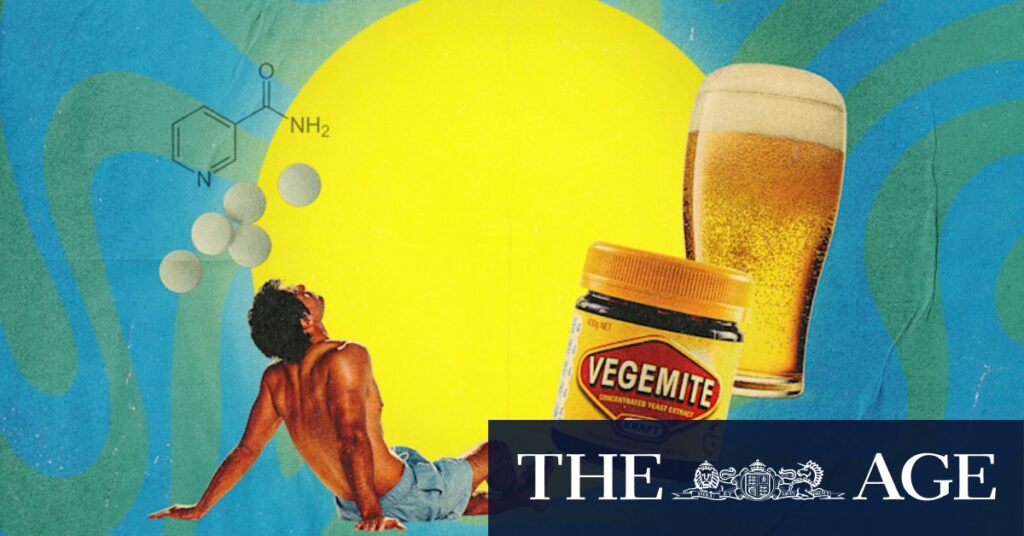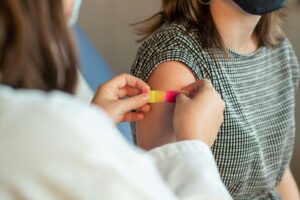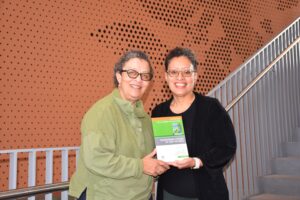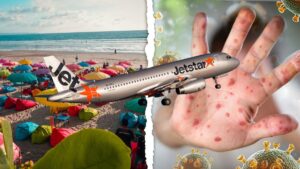
Diarrhoea, dermatitis, dementia, and death are the infamous “four Ds” of pellagra, a condition caused by a deficiency in vitamin B3. Fortunately, this essential vitamin is easily accessible through a variety of foods such as chicken, tuna, eggs, milk, peanuts, cereals, and yeast. In Australia, Vegemite and beer also serve as unique sources of this nutrient. However, beyond preventing pellagra, emerging research suggests that nicotinamide, a form of vitamin B3, could play a crucial role in reducing the incidence of skin cancer, particularly in Australia.
Scientists have discovered that nicotinamide, a widely available supplement, may significantly lower the risk of non-melanoma skin cancers, which account for 99% of skin cancer cases. A recent study involving 33,000 individuals revealed that taking nicotinamide was linked to a 20% reduction in the risk of squamous cell carcinoma, a type of non-melanoma skin cancer responsible for the highest number of deaths in this category.
Early Clues and Scientific Foundations
The journey to understanding nicotinamide’s potential began with research led by Professor Diona Damian from the University of Sydney. In 2009, Damian and her team conducted experiments exposing participants to UV radiation, simulating natural sunlight. Those who took nicotinamide demonstrated increased resistance to the immunosuppressive effects of UV exposure, suggesting that the supplement might help prevent skin cancers.
UV radiation damages DNA and suppresses the skin’s immune system, making it difficult for the body to repair the damage. Nicotinamide acts as a precursor to NAD+, a molecule essential for DNA repair processes. According to Damian, “Our research found that nicotinamide (vitamin B3) can prevent the immunosuppressive effects of UV by energising cells so they maintain their immunity.”
The ONTRAC Study: A Pivotal Moment
In 2015, Damian published the ONTRAC study, a phase 3 double-blind randomised controlled trial conducted at Sydney’s Royal Prince Alfred and Westmead Hospitals. This study involved 386 participants with a history of at least two non-melanoma skin cancers. Over a year, participants received either 500 mg of nicotinamide twice daily or a placebo. The results were promising, showing a 23% reduction in new skin cancer cases among those taking nicotinamide.
However, the study faced criticism in a 2017 statistical analysis, which argued that the evidence was insufficient to confidently support nicotinamide’s efficacy, suggesting the actual reduction in skin cancer rates might be closer to 5%. Despite this, additional research has continued to support nicotinamide’s potential benefits.
Recent Findings and Broader Implications
A recent study conducted by US scientists analyzed health records of 33,000 veterans, revealing a 14% reduction in skin cancer risk for those who regularly took nicotinamide. Dr. Yousuf Mohammed from the University of Queensland’s Frazer Institute noted, “The greatest impact was seen in squamous cell carcinoma, where risk dropped by more than 20%.” He added that nicotinamide shows “real promise as a practical tool for skin cancer prevention.”
“Even more striking, patients who began nicotinamide after their very first skin cancer had risk reductions of nearly 50%,” Dr. Mohammed stated.
Despite these promising results, the study’s participants were predominantly white men, indicating a need for further research across diverse ethnic groups. Additionally, nicotinamide did not appear to benefit organ transplant recipients, who face a significantly higher risk of skin cancer due to immunosuppressant medications.
Practical Recommendations and Future Directions
With two in every three Australians likely to develop skin cancer, and a 99% chance of it being non-melanoma, experts are increasingly recommending nicotinamide for individuals at higher risk. However, it’s crucial to note that nicotinamide does not prevent sunburn and should not replace traditional sun protection methods such as sunscreen, protective clothing, and seeking shade.
- Slip on protective clothing
- Slop on SPF50+ sunscreen, applied 20 minutes before outdoor exposure and reapplied every two hours
- Slap on a wide-brimmed hat
- Seek shade
- Slide on sunglasses
Source: The Cancer Institute NSW
Dr. Sarah Arron, a US dermatologist, expressed her intent to recommend nicotinamide more enthusiastically, stating, “The medication is widely available and has minimal adverse effects, so long as patients are properly counselled to buy the amide form rather than niacin (nicotinic acid).”
As the body of literature supporting nicotinamide’s role in skin cancer prevention grows, it may become a standard recommendation for those with a history of skin cancer. However, further studies are necessary to explore its impact on melanoma, the more lethal but less common form of skin cancer.





